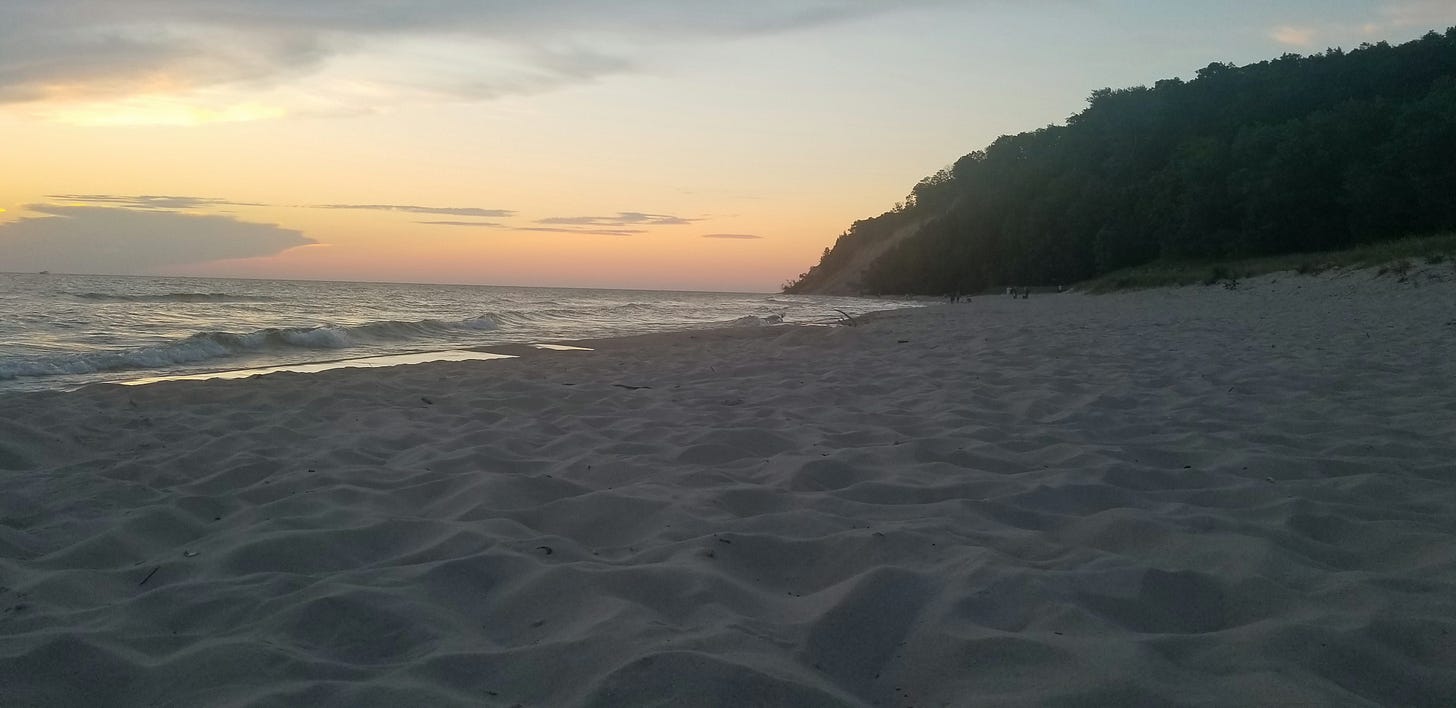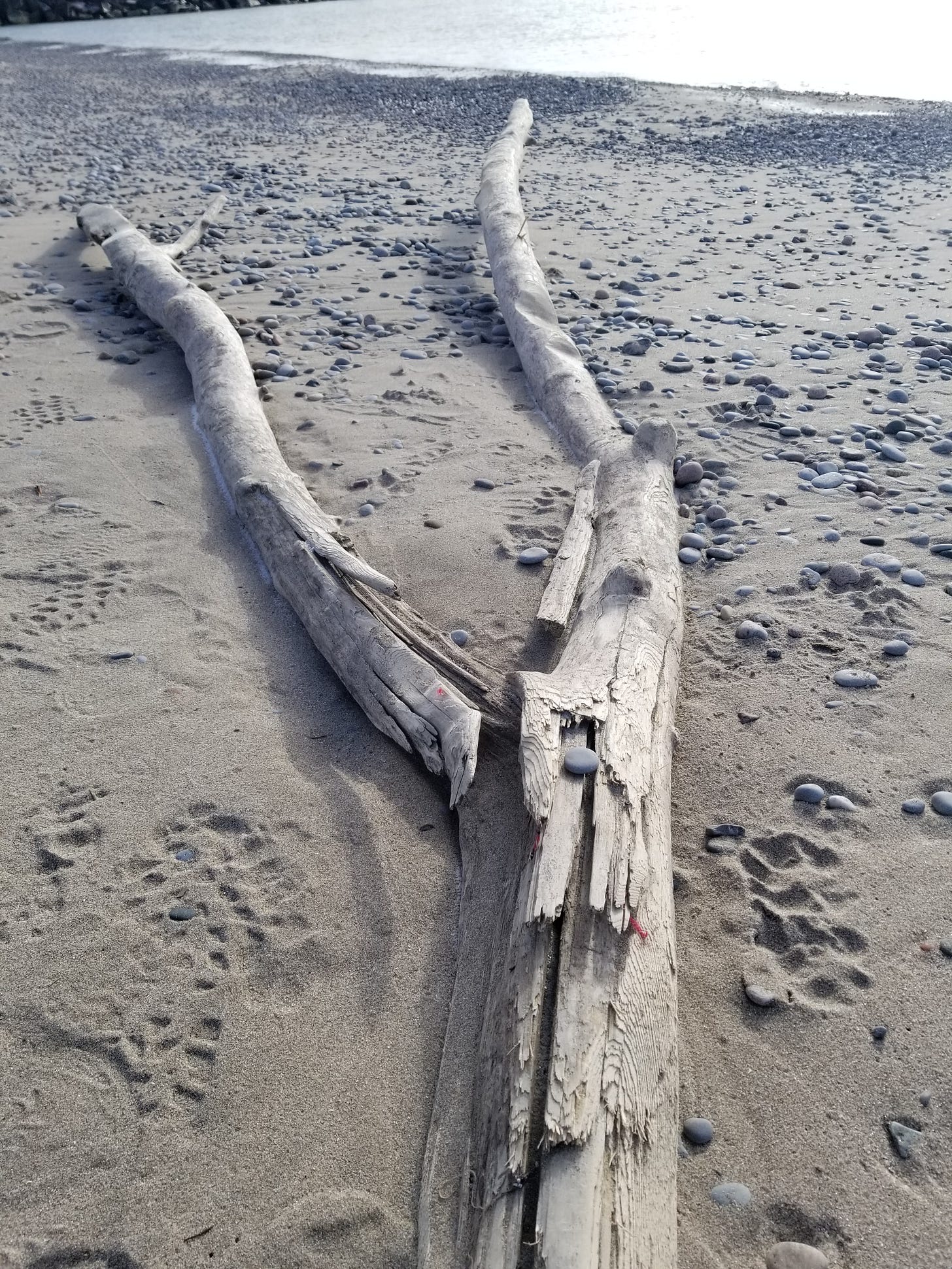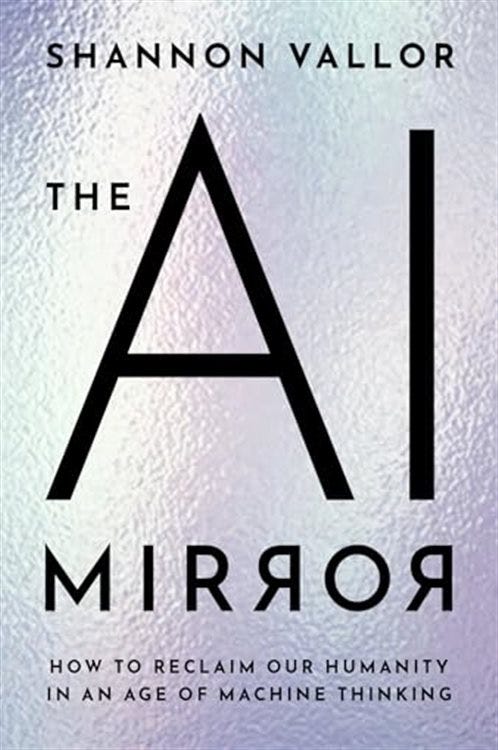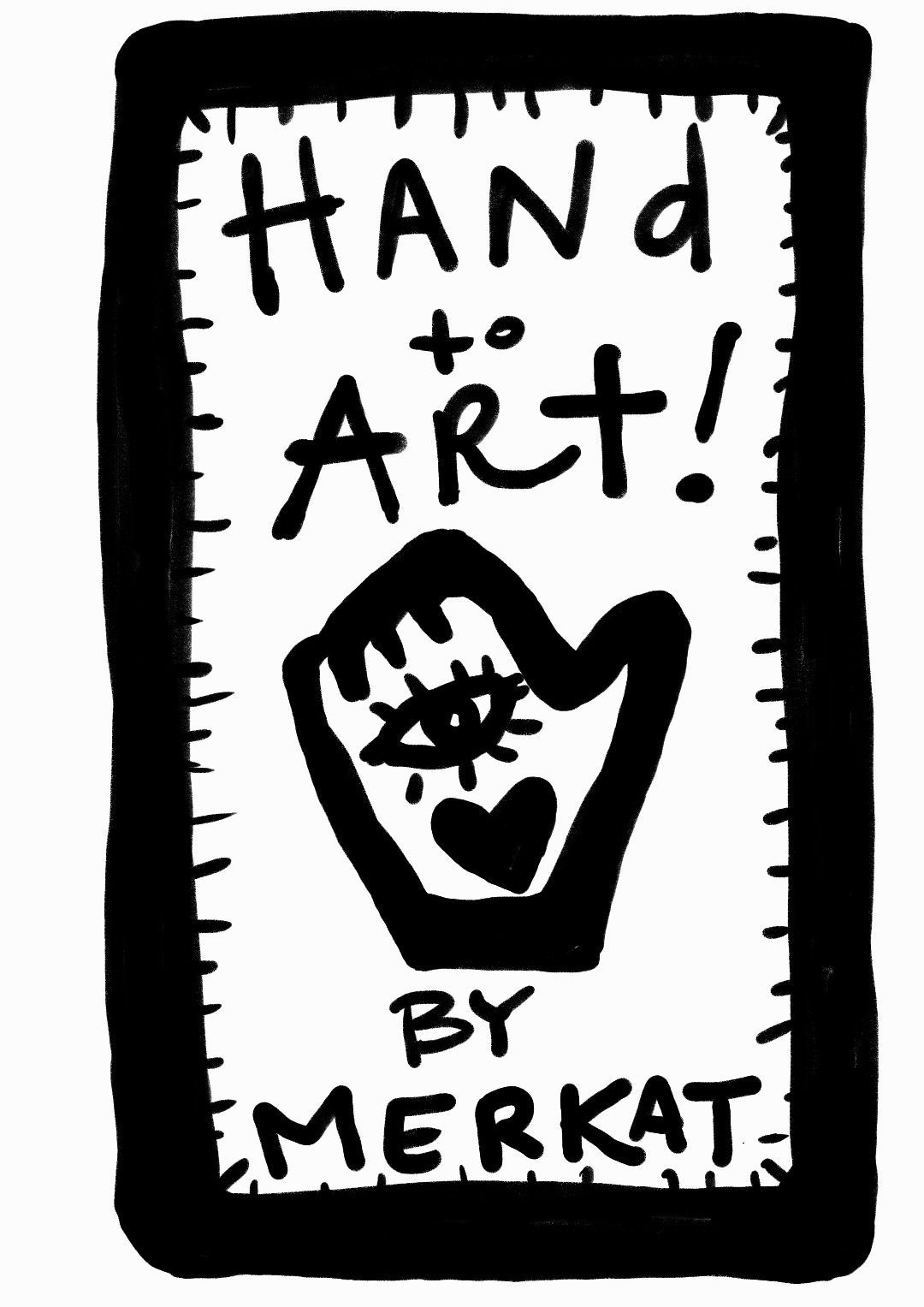So far, Lake Ontario and Lake Huron.
I had hoped for Lake Michigan, as summer usual, (excepting the pandemic) but I don’t think I will be with her this year—at least not directly.
I am planning on Lake Superior (Mother Superior) but I have much penance to do/undo first. Burlap pantaloons and knees torn open while supplicating along the shore to reach her (find your sauna stones only at Superior—others will shatter when you are at your most vulnerable) and all that.
Yes, Lake Superior requires much of us—but have you met her? Of course she does; she must. And Lake Erie is a dream to me now; I’m gone to look for Canada. Lake Erie? Maybe. We’ll see.
Nevertheless, whether I can douse myself in these holy waters one by one, lake by lake, in truth the waters of the Great Lakes flow together; all are One. Like ye olde parable, “The Blind Men and the Elephant” though one person feels a trunk, another a leg, yet another feels an ear, and so on—each part rife with its own unique dips and roughs and smooths and colds and warms, so particular you’d think them individual gods, individual lakes—collectively, the animal, the divine, and the Great Lakes waters, yes, are but one.
If you’re from the Great Lakes Watershed you likely know this acronym already: HOMES (Huron, Ontario, Michigan, Erie, Superior). My watershed friend, no matter which lake you find yourself nearest, you are HOME.
Yesterday along Lake Huron the child in my sight caught a small fish, then let her go. Yesterday I plunged and was renewed. A month ago, my feet were numbed and my head roared. Seven months ago, I walked on water. Twelve months ago, I floated. For over four decades, I have been transformed by this sacred watershed. You can ask me about transubstantiation. I will tell you only what I know.
Soon I will dunk and recover once again. Full immersion. For several months out of the year, I am too wet, too watery, to encounter technology directly without damage to myself and the machine. This is one of those seasons, so readers, you will hear from me less often. I am underwater, absorbing. The sign on my mind reads: Gone Fishin’.
***
Fellow writers, have you ever been so overcome by your subject that you cannot find the words? This is the case for me, for me and my geography. But awhile back I wrote a poem, “Gathering Driftwood”—a surrealish ode to my heart’s favourite beach along Lake Michigan—and just last month it was published in the Great Lakes Review. I’m so stoked about this!
If you’ve been to the place of which I write, you’ll understand just why I wrote a love poem to Elberta Beach. Many of us did our growing up there. Some of us are doing our growing old there. In sum, this particular beach is a wild and wooly character in the life stories of a handful of fortunate folk.
So I’ll leave you with that poem, and a photograph of the same stretch of Northern Michgan lakeshore, a few miles down from the site of the poem.

Gathering Driftwood
MERKAT
Elberta, Michigan
We begin in the emerald dark forest.
My grandmother’s cottage hidden,
Baba Yaga cabin dwarfed
by giant maples, ancient pines
trembling aspen.We gather firewood.
Stick arms of old crag, horned
branches like white stag,
tumble them into the rusted
station wagon.Not yet twenty, we: on the brink
of everything! Such deep dark
we follow by heart the broken
roads turned tracks. In this land
of snow and long light
children must learn
two-track language.
We can climb inside
any dense wood.
We always find our way
to the water.Our ancient vehicle slides
down sine wave sand hills,
angles of death.
Eclipsing the sleeping dune,
we expect a golden city.
Under an indigo sky
a roar of brilliant bonfires
a braille of bright coals
tracing the haven shoreline.For some young vernal
such nights are shadow play.
Lit by flame,
no stranger too strange.
Curious joys hidden
in dips of dune.
We are moonblind.On this thick night:
No bodies rollicking,
dune to water. Sand
in every crevice
for weeks after, a
long reminder.
But not tonight.
No carousing.Only the four of us, hushed
along the salubrious shore.We are intimate, well-lit.
We will not drive home
in a haze of second-hand cars
snaking over sand dunes
at witching hour,
beware-ing.This night, gentle feral,
we will root and slumber.
Under dunegrass and Ursa Major
soft bodies become prayers.
No danger of high tide
on this fresh small sea,
our Great Familiar.Over honey mead
and figs, we cast
a crude circle of stones
to hold the fire.Winds gust and all
our borrowed flame,
now ash.
Dust to dust.
We must trust
our limbs
for the seeking.We gather driftwood
for burning, mirror crones
scouting bones
for divination.The moon rises.
In this light, the pile
of bleached-white driftwood
glows. To the eye it seems
we have constructed
a small home of whalebone.
A pyre of some ancient,
knowing thing.
Living proof.We kindle everything
in need of burning.When all is gone
we fall into sleep
like babes, swaddled.
Great Dune Cradle:
Palm of the Universe.We wake to early mauve,
heavy dew slick
across our fleshly cheeks.
Under each, a bed of damp
sand, wet with holy water.
Not one of us is blameless,
but we are anointed:
by rain, and by the sweat
of our own electric arc of
bodies, and the water of
Great Lake Michigan.We rise to leave.
Our bodies careen
over driftwood and dunegrass
aubergine shadows
realize dawn
developing, immersed
in the bath of time.Twenty years on,
and still I come.
Though not at midnight.
I bring rudimentary gifts
but no firelight.
Latitude and longitude
remain, or so it seems.Walking the shoreline,
I burn my soles on a bed
of hidden fire, sweet
dark matter
evidence
of memory
and dream.
FODDER
THIS is the book [on the human/AI relationship] I have been waiting for.
My aim for years has been to extricate the word “should” from my vocabulary, but in this case, I’m making an exception. The AI Mirror: How to Reclaim our Humanity in an Age of Machine Thinking by professor Shannon Vallor SHOULD be required reading for all humans in 2025.
Educators, parents, poets, philosophers, pals, and anyone else invested in creating a future worth living into SHOULD most DEFINITELY read this book.
SHOULD SHOULD SHOULD! READ READ READ!
Most every argument and deeply held belief about the future of humanity re: AI that my fumbly tongue and thick fingers have been so clumsily attempting to articulate for the past couple of years is clearly put forward here by Shannon Vallor who is, among a thick list of credentials*, the Baillie Gifford Chair in the Ethics of Data and Artificial Intelligence at the Edinburgh Futures Institute (EFI) at the University of Edinburgh, and a former Visiting Researcher and AI Ethicist at Google.
This text is worthy material for book clubs, staff and school board meetings, clasrooms, churches, coffee shops and community forums of all stripes! Locally, you can pick it up at the public library (when I finally return it!), or order it from our indie bookstore.
“…during the entirety of the digital era, the natural and often necessary human response of resistance, and its expressions in bodily stress, mental restlessness, grief, and anger, have been seen as pathological ailments of the individual to be ameliorated by private regimes of individual therapy, habits of mindfulness and acceptance, drugs or pastoral counseling—almost never by political action that might materially change the circumstances that give rise to these ills.”
― Shannon Vallor, The AI Mirror: How to Reclaim Our Humanity in an Age of Machine Thinking
*“Professor Vallor is the “Baillie Gifford Chair in the Ethics of Data and Artificial Intelligence at the Edinburgh Futures Institute (EFI) at the University of Edinburgh…She is Director of the Centre for Technomoral Futures in EFI, and co-Director of the BRAID (Bridging Responsible AI Divides) programme. Professor Vallor's research explores how new technologies, especially AI, robotics, and data science, reshape human moral character, habits, and practices. Her work includes advising policymakers and industry on the ethical design and use of AI. She is a standing member of the One Hundred Year Study of Artificial Intelligence (AI100) and a member of the Oversight Board of the Ada Lovelace Institute. Professor Vallor received the 2015 World Technology Award in Ethics from the World Technology Network and the 2022 Covey Award from the International Association of Computing and Philosophy” (University of Edinburgh).
MY ART/POETRY
Liminal Spaces from Glentula Press, my latest (+ collaborative) poetry collection, is on the shelves! The poems have never before been published together, so if you have my other chapbooks, these will be new to you. And I’m a big fan of the poetry of my pals and fellow poets therein. Pick it up at Reader’s Nook, or contact me to get your copy—yes, I will absolutely snail mail it to you!
Blissfully Resist! Write Don’t Type! Greeting Cards Reminder!
And while you’re at Reader’s Nook, consider picking up one of my original, hand-illustrated greeting cards (most blank inside for any occasion) from my lil’ press, Hand to Art! by MERKAT.
Blissfully resist the alogrithm and write a note with your real-as-rain hand to another human being for whom you have a message of thanks, condolence, congratulations, affection, or any of those other very human feelings!
The purchase of some of the cards (read the backs for info) benefit one of our lovely local non-profits, including the Northumberland Land Trust and the Northumberland Humane Society.
Until next time, with gratitude!
MERKAT







Sensual as all get out. Aubergine is so much nicer a word, isn't it?
Beauty poem. Enjoy the waters, Merkat!